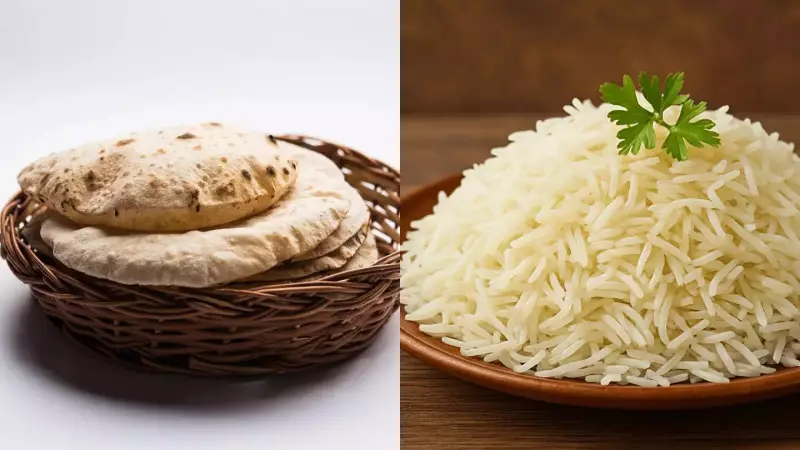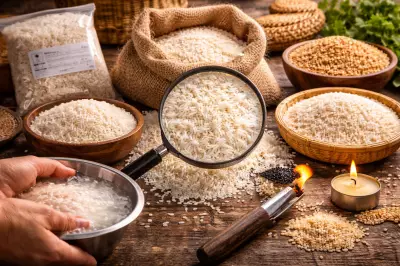
In Indian households, the debate about eating yesterday's roti and rice has been ongoing for generations. While many consider fresh food superior, emerging nutritional science reveals that baasi roti and baasi rice might actually offer unique health advantages that their fresh counterparts lack.
The Science Behind Stale Food Magic
When cooked rice and roti cool down and spend hours at room temperature, they undergo a fascinating transformation. The starch molecules reorganize themselves into what nutritionists call 'resistant starch' - a type of carbohydrate that behaves more like dietary fiber than regular starch.
Why Resistant Starch is a Game-Changer
This magical transformation brings several proven health benefits:
- Better Blood Sugar Control: Resistant starch doesn't spike your blood glucose levels like fresh carbohydrates, making it ideal for diabetics and weight-watchers
- Improved Digestion: It acts as a prebiotic, feeding the good bacteria in your gut and promoting digestive health
- Enhanced Nutrient Absorption: Your body can absorb certain nutrients more effectively from stale foods
- Increased Satiety: You feel fuller for longer, reducing overall calorie intake
But Wait - There's a Catch!
Before you start celebrating your leftover-loving habits, there are important precautions to consider. Food safety is paramount when dealing with baasi food.
Safe Storage is Non-Negotiable
Proper storage makes all the difference between healthy leftovers and potential health hazards. Always refrigerate cooked rice and roti within two hours of preparation. When reheating, ensure they're piping hot throughout to eliminate any bacteria that might have developed.
The Traditional Wisdom Meets Modern Science
Our grandmothers weren't wrong when they insisted on finishing yesterday's roti. Traditional Indian practices often aligned with what modern nutrition science now validates. Eating baasi roti, especially for breakfast, provides sustained energy without the sudden sugar rush that fresh carbohydrates might cause.
The next time you see leftover roti or rice in your kitchen, remember - you're not just looking at yesterday's food, but potentially at a nutritional powerhouse that could benefit your digestive health and blood sugar levels. Just make sure you handle and store it properly to reap all the benefits safely.





